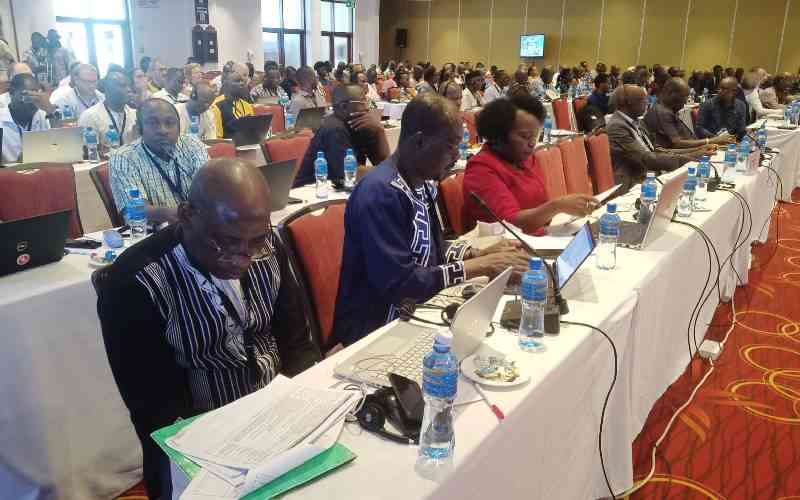×
The Standard e-Paper
Kenya’s Boldest Voice

A five-day global conference on tackling tsetse flies and sleeping sickness has adopted key recommendations aimed at shaping efforts to eradicate the challenge going forward.
Trypanosomiasis, which is commonly known as sleeping sickness, claims 50,000 lives annually, within Africa and covers over 10 million square kilometers in 38 countries, with 1000 human cases reported in 2022.







